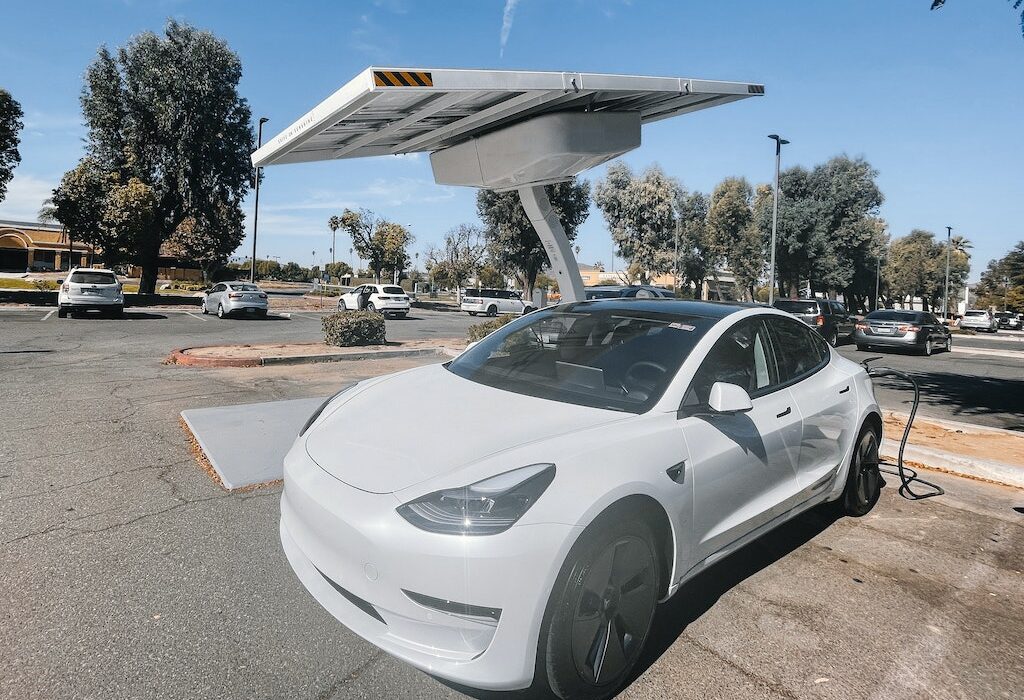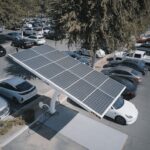Automakers have unveiled a slew of EV models in various shapes and sizes. Industry analysts project this figure will soar to over 10 percent by 2025. Whether you’re an EV enthusiast or skeptic, one thing is certain: you’ll soon encounter more EVs on the roads.
Are They Fun to Drive?
Adapting to EVs may require a shift in mindset for traditional car enthusiasts who cherish the purrs and roars of internal combustion engines. The silence of EVs can be disconcerting, and artificial noises added by automakers might feel strange. However, EVs offer a unique kind of fun. Instant torque for rapid acceleration and the occasional half-hour charging break during road trips offer distinct pleasures.
Where Will the Electricity Come From?
Two common myths about EVs concern the capacity of our electric infrastructure. First, some believe that the surge in EVs will overwhelm utilities. However, power companies can easily meet the electricity demand, especially if most charging occurs overnight when excess capacity is available. Many utilities offer off-hour energy rates, and modern EVs allow users to schedule charging to take advantage of lower rates.
The second myth is that EVs will strain the electrical grid. While neighborhoods with numerous EVs might require higher-capacity transformers, utilities are well-equipped to handle these upgrades. A 2019 Department of Energy report suggests EV adoption won’t pose greater challenges than past electrical system evolutions. In the long run, EVs might enhance grid stability by assisting during peak demand.
Are EVs Environmentally Friendly?
While EVs don’t emit greenhouse gases, their batteries are energy-intensive to manufacture, and there are environmental concerns related to metal mining. Moreover, the environmental impact depends on the source of the electricity used for charging, as it often relies on fossil fuels.
Towing with EVs and Plug-in Hybrids
Towing with most EVs is not recommended due to their aerodynamic design. However, plug-in hybrids (PHEVs) can be worthwhile if they offer substantial electric range and a powerful electric motor. PHEVs qualify for federal tax credits if their electric capabilities are substantial. Remember that a PHEV is only cost-effective if you consistently plug it in.
What Happens When an EV Runs Out of Charge?
When an EV’s battery nears depletion, it lowers power and alerts the driver to charge the car. Some EVs offer a buffer even after the predicted range reaches zero. However, once the high-voltage battery is depleted, there’s a risk of draining the accessory battery, preventing charging until it’s replenished. Be cautious!






